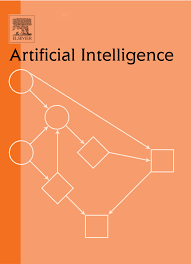Planning-based knowing how: a unified approach
Various logical notions of know-how have been recently proposed and studied in the literature based on different types of epistemic planning in different frameworks. This paper proposes a unified logical framework to incorporate the existing and some new notions of know-how. We define the semantics of the know-how operator using a unified notion of epistemic planning with parameters of different types of plans specified by a programming language. Surprisingly, via a highly unified completeness proof, we show that all the ten intuitive notions of plans discussed in this paper lead to exactly the same know-how logic, which is proven to be decidable. We also show that over finite models, the know-how logic based on knowledge-based plans requires an extension with an axiom capturing the compositionality of the plans. In the context of epistemic planning, our axiomatization results reveal the core principles behind the very idea of epistemic planning, independent of the particular notion of plans. Moreover, since epistemic planning can be expressed by the know-how modality in our object language, we can greatly generalize the planning problems that can be solved formally by model checking various formulas in our know-how language.


Leave a Reply